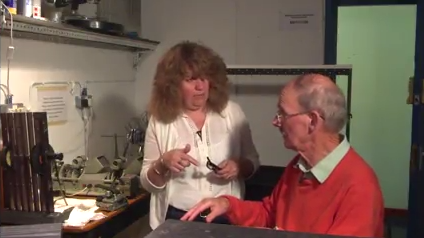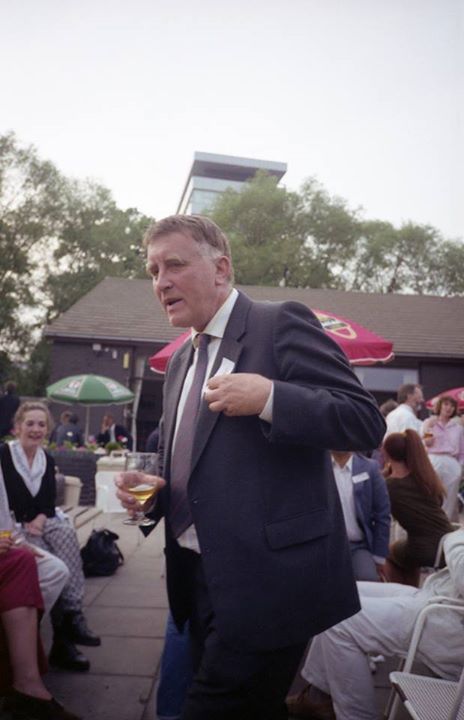
Copyright resides with the original holder, no reproduction without permission
Last weekend I heard the Radio 4 play: Dead Girls Tell No Tales, Joanna Toye’s backstage drama of the story behind the death of Grace, in The Archers, sixty years ago this week. Grace had recently married Phil Archer, and there was talk about them starting a family, so the young couple were at the centre of The Archers world, when the decision was made by the editor, to controversially kill Grace off.
The momentous episode of the radio soap was transmitted on 22nd September 1955, which was also the launch date of the ITV network. Apocryphally, the death of Grace Archer in a fire in the stables, whilst she was trying to save her horse, Midnight, was designed to scupper ITV’s opening night, but Toye’s play shed new light on that theory. Grace’s death certainly resonated with the audience – around 20 million tuned in, and the BBC switchboard was inundated with distraught listeners, often in tears, after the programme. Press attention was definitely distracted from the ITV launch, but Toye poses that the real reason for Grace’s death was because the actress, Ysanne Churchman, was seen by series editor, Godfrey Baseley, as a trouble maker. Apparently she wanted equal pay for female actresses on the soap, as well as involving the actors’ union, Equity, and campaigning for professional actors to always be employed, as opposed to smaller parts being played by country folk.
The radio play was very evocative of the period, with RP accents and class distinctions, and was very convincing. Ysanne Churchman, in the drama, was played by Eleanor Tomlinson, a younger actress, but Ysanne herself appeared at the end, and explained what happened to her own career, after being forced to leave The Archers. The rise of ITV, ironically, provided her with a good living, voicing commercials.
One of the things that struck me about the drama, was that Godfrey Baseley, really could ‘play god’ with his characters’ lives. He wouldn’t even tell the BBC Press Office why the episode on the 22nd September warranted a Press showing – such a thing would never happen in today’s BBC, when the Press Office would be involved from the start, and micro managing the whole campaign.
The ghost of Grace Archer still seems to haunt Ambridge today, and the older female characters have recently been reminiscing about Grace’s death, 60 years ago.
Joanna Toye is one of The Archers’ regular writers, and Sean O’Connor, the series editor, produced Dead Girls Tell No Tales. The radio play is available on iPlayer for download – it’s well worth a listen: http://www.bbc.co.uk/programmes/b06bcv9s.
The following comment was left on the Pebble Mill Facebook page:
Lynne Cullimore: ‘I heard the play and thought it very good. I used to work at the Beeb (when (I very first started) for Tony Ysanne’s husband who sadly died earlier this year. Lovely to bring back memories of Grace and well done to Jo Toye (whom I used to work with in Countryfile) for writing the play.’




